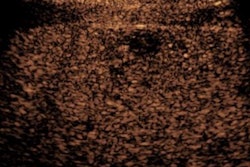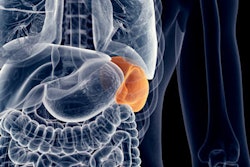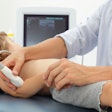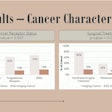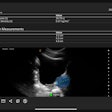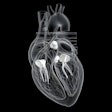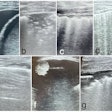Dear Ultrasound Insider,
Breast ultrasound offers high sensitivity for the differential diagnosis of benign and malignant breast lesions, but it also has relatively low specificity. Contrast-enhanced ultrasound (CEUS) can help improve diagnostic accuracy, however, according to a new study from Chinese researchers.
In a meta-analysis encompassing nearly 30 studies and more than 2,000 patients, a group from Sichuan University in China found that CEUS yielded a combined sensitivity of 88% and specificity of 80%. Our coverage of the study in the October issue of the Journal of Ultrasound in Medicine is this edition's Insider Exclusive, which you can access before our regular members.
Speaking of CEUS, researchers from the University of Calgary also found it to be highly effective for characterizing tumors indeterminate on MRI but thought to be hepatocellular carcinoma. They shared their preliminary results in a talk at the recent 2016 Advances in Contrast Ultrasound - Bubble Conference in Chicago, and you can access our report by clicking here.
In other news, a Chinese research team found that machine-learning techniques were more accurate than an inexperienced radiologist in differentiating between malignant and benign thyroid nodules on ultrasound. But how did it fare when compared with an experienced radiologist? Click here to find out.
A multicenter study has found that targeted prostate biopsies guided by fused MR and transrectal ultrasound (TRUS) can spot more cases of aggressive prostate cancer than traditional systematic biopsies guided by TRUS alone. Click here to learn more.
Echocardiography has revealed that smokers have thicker heart walls and less heart-pumping ability than individuals who don't smoke, according to a multi-institutional team. Fortunately, the analysis also offers extra incentive for those seeking to quit smoking. Click here for all of the details.
Finally, research published early last month generated controversy by linking first-trimester ultrasound with greater severity of autism symptoms in fetuses with a genetic predisposition to autism spectrum disorder. For many, the study design elicited serious questions about the conclusions reached by the authors. The Society of Diagnostic Medical Sonography also expressed concern that the study might lead pregnant women to skip or delay a medically necessary examination.
Is there a topic you'd like to see covered your Ultrasound Community? As always, please feel free to drop me a line.




